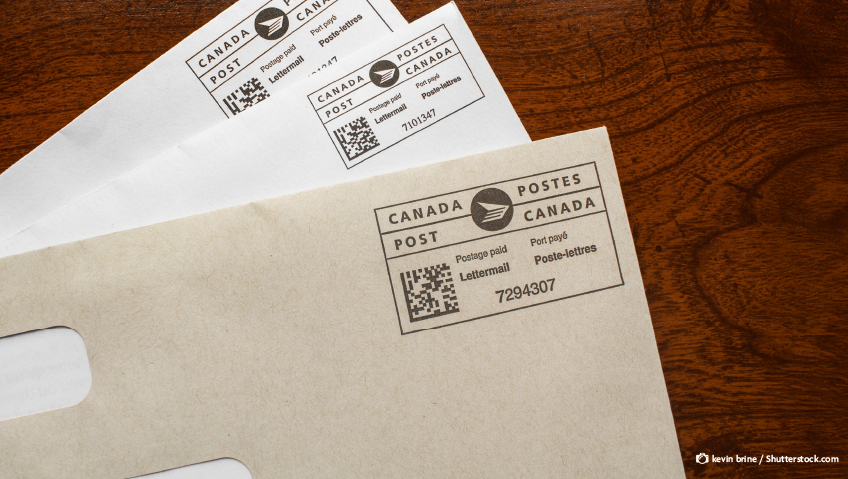It might take a little longer for mail to arrive in Canada, as 55,000 postal workers are on strike just ahead of the holiday season, which is putting additional pressure on the nation’s mail system that is struggling to manage a $3 billion deficit that it has continually added to since 2018.
Workers represented by the Canadian Union of Postal Workers (CUPW) started strike action on Friday, November 15 at 12:01 am ET after failing to come to an agreement with the Crown Corporation.
Mail and parcel delivery will be halted during the strike, while some postal outlets will be closed, decisions that are likely to impact the national network. Mail processing and delivery will not only be impacted during the strike but will take time to be ironed out once an agreement is reached.
CUPW has explained that the decision to strike was a difficult one that was made after more than a year of negotiations. Included in the demands are wage increases aligned with inflation, enhanced group benefits, protections against technological changes, improved paid medical leave, meal and rest periods, and higher short-term disability payments.
This comes at a precarious time for the Crown Corporation. As a spokesperson for Canada Post noted, “Canada Post is at a critical juncture, losing $3 Billion since 2018 with losses continuing to mount. Even with that, Canada Post has continued to put forward offers that protect and enhance what’s important to our current employees. We’ve offered competitive wage increases (11.5% over 4 years) and additional paid leave, while protecting their defined benefit pension and job security provisions.”
To safeguard the operation’s future, Canada Post has proposed seven-day-a-week parcel delivery, as well as more competitive pricing to make its delivery model in line with that of private providers.
The government now has to decide whether to seek adjudication, arbitration, or use legislation to order the striking union members back to work. This latter option could be utilized in the event that the strike will have a significant impact on the public interest, though it is likely to be a last resort, as it was met with opposition when used to order an end to work stoppages at Canada’s largest ports when they chose to strike. As Canada Post is classified as an essential service, the legislation could be imposed by the government, as it has in the past when Canada Post workers were on strike in 2011 and 2018.
As the government is in a minority position, it will require the support of others to move legislation forward. For the time being, arbitration and a focus on getting a suitable agreement at the bargaining table is the focus.
While new parcels will not be processed, Canada Post has agreed to continue to deliver government benefit cheques during the labour disruption, though Canadians are urged to set up online accounts and direct deposits to ensure no delays.
Alternate service providers like Purolator, FedEx, UPS, Intelcom, DHL, Loomis, and Canpar are available to support Canadians in the meantime, though Purolator, which is owned by Canada Post, will not handle any packages originating from Canada Post.



